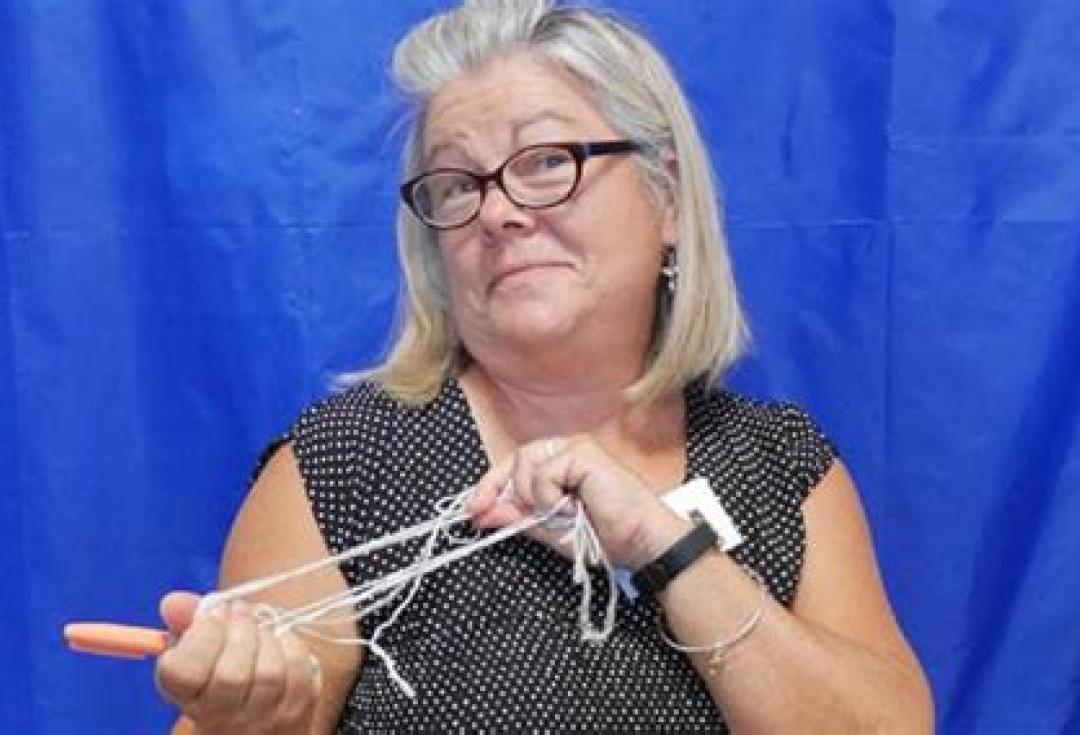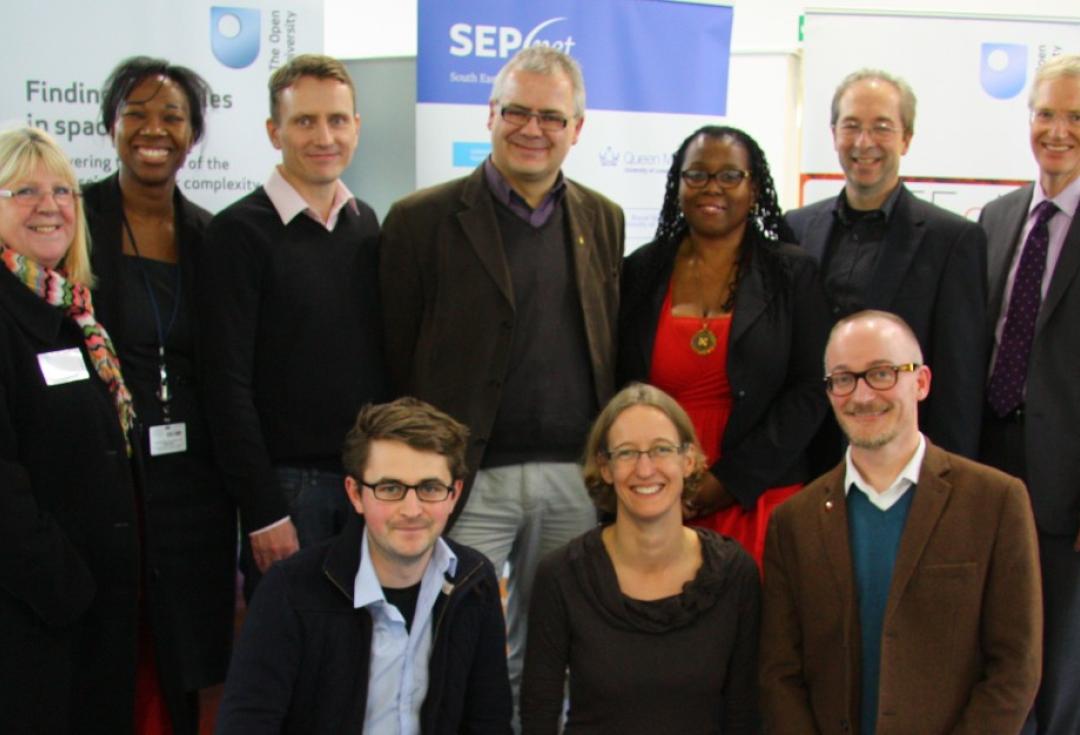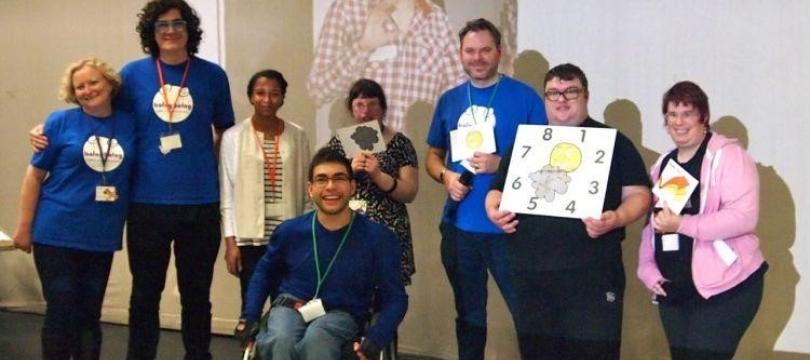
Partnership Working
Collaborating with others can bring much needed insights, skills, resources, people and ideas into your work, but it isn’t without its challenges.

Partnership brings together different knowledges and resources and taps into different experiences and opinions, out of which come better solutions and new ideas
Why work in partnership? (and when not to)
Partnerships can be hugely rewarding, and many engagement projects depend upon them. The NCCPE has supported partnership development for many years and have created resources to help you with partnership planning which are described later.
Core to any successful partnership is a commitment to being mutually beneficial, with you and your partner deriving benefits from working together. Benefits arising from partnership working can include generating ideas or developing content; designing engagement activities; access to spaces, resources or networks; sharing skills and knowledge; and developing relationships with different audiences. It can provide new perspectives that challenge your ideas and approach.
However partnerships can be challenging, with common issues arising from lack of communication; different time scales and work pressure; and a lack of shared purpose.
There are lots of ways to collaborate with others. At one end of the spectrum are co-production partnerships, where both partners work together on all aspects of the project, defining the purpose, designing and conducing the activities, and analysing and sharing the results. At the other end of the spectrum are less intensive and more transactional partnerships, for example where one partner might provide the activity, and the other partner the venue.
There are times when working in partnership is not the best approach. This might include when you have a very clear idea of what you want or need and could commission someone to do this work for you. Or it could be that you and your potential partner realise that despite superficial alignment, you actually have very different core purposes that can’t be easily reconciled.
Being clear about the purposes of your shared work is a fundamental building block of an effective partnership. If you don’t have this, it will lead to tensions and challenges later down the track.
Read our starting guide for inclusion for public engagement professionals

The Community Gateway project is a long-term partnership between the University of Cardiff and Grangetown residents and businesses in the south of Cardiff, creating opportunities to facilitate and co-produce a range of mutually beneficial projects.
Learning from others
Final takeaway
Working in partnership is a brilliant way to enhance your work but requires time and resources to ensure it happens effectively and in a mutually-beneficial way. Take time at the start of your partnership to map out the rest of your journey together to ensure you avoid any pit-falls along the way.

Developing this deep partnership has enabled these amazing interactions to take place which mutually benefit both our students and the University undergraduates, postgraduates and researchers


